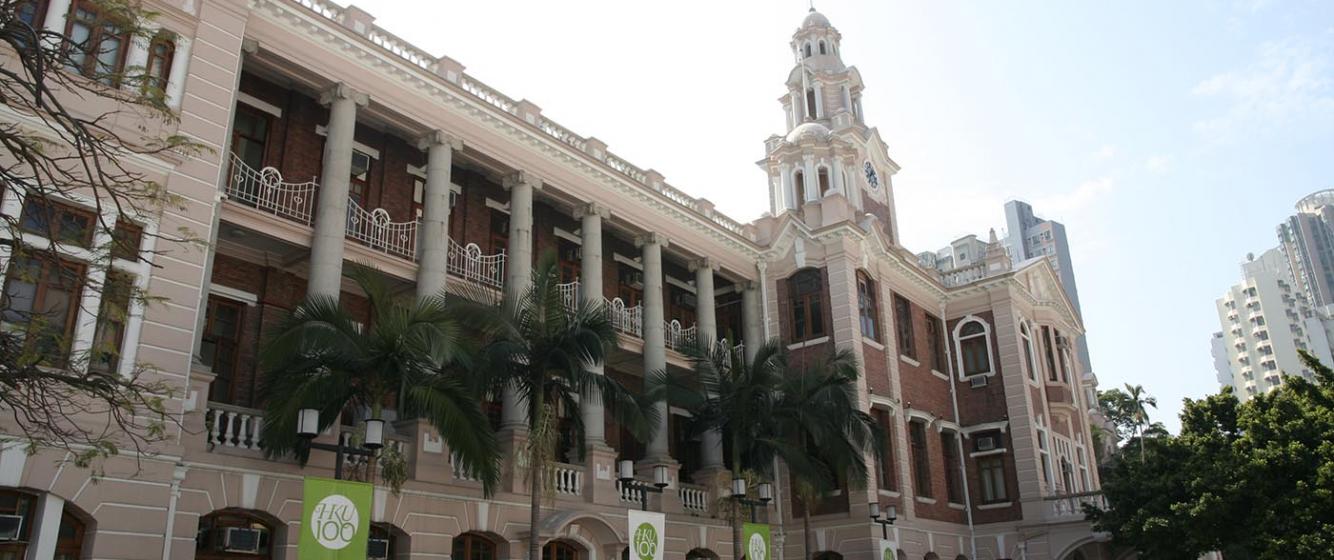
The future of teaching and researching Hong Kong
In this panel, we, as early career researchers, shared several concerns over the impact of the Hong Kong National Security Law on our research and teaching, despite our differences in academic disciplines.
While we acknowledged that there has been discussion on China’s interference in academic freedom overseas even before the imposition of HKNSL,[1] the ambiguously worded National Security Law has legitimized official censorship and further encouraged self-censorship. Hence, higher education institutions across the globe would need to rethink their safeguarding policy to protect both researchers and students, regardless of their nationalities, when studying and researching Hong Kong as well as other topics that are deemed “sensitive” in the eyes of Beijing, such as Hong Kong’s colonial history, Taiwan, Tibet, Uyghurs, and so on. Another impact we identified in the panel is the imminent disappearance of archival materials related to the history of Hong Kong, such as government records and newspaper clips, as well as the more intangible digital materials on the Internet. Witnessing the ambiguity in its enforcement and the numerous immediate effects, such as the shutdown of pro-democratic news outlets, imprisonment of political activists, and the public attack on renowned scholars, it deems apparent that our concerns are not exaggerated.
Facing such uncertainties, some of our colleagues suggest that faculties may use a more precarious method in teaching by, for instance, laying out different opinions without suggesting them as their own. Others take this opportunity of growing interest in Hong Kong to develop more courses related to Hong Kong, all while figuring out better ways to present Hong Kong to students and the wider academic audience. Meanwhile, with the emerging interests in Hong Kong in recent years, as evidenced by the increasing number of Hong Kong-themed conferences as well as book series,[2] it is crucial to growing the momentum in researching Hong Kong. Some of the possible future directions, which some of our colleagues have already been doing, include creating cross-disciplinary synergy in knowledge production and research collaboration, and application, and deepening collaboration and connection between diasporic and Hong Kong-based researchers.
Despite the uncertainties and the turmoil, we shared the belief that Hong Kong can provide not only valuable case studies but also theoretical insights and interventions across various disciplines in humanities and social sciences. Hong Kong is at the heart of understanding coloniality, decolonization, geopolitics, and empires. Borrowing the words of Michaela Benson and Ching-Kwan Lee,[3] Hong Kong is both at global China’s restive frontier and global Britain’s entanglement of decolonization. To better understand Hong Kong and its relationship with the broader fields in the humanities and social sciences – e.g., political science, history, geography, media and communication studies, and postcolonial scholarship – we encourage scholars to critically reflect on their existing framing in understanding Hong Kong, China, Asia, and beyond.
Desmond H.M. Sham (International Center for Cultural Studies, National Yang Ming Chiao Tung University, Taiwan) & Eva C.Y. Li (Department of Sociology, Lancaster University, UK)
[1] While there has been discussion on China’s impact on academic freedom overseas before the imposition of HKNSL, the neoliberalization of higher education in the West and the increasing number of overseas students from the PRC, have created traction within the classroom and gave rise of discussion related to academic freedom. The Strategist (2019) China’s efforts to curb Australia’s academic freedom: what universities can do, 4 April. Available at: https://www.aspistrategist.org.au/chinas-efforts-to-curb-australias-academic-freedom-what-universities-can-do/ (Accessed on 23 August 2022).
[2] For example, the Hong Kong Studies Reader Series published by Springer.
[3] Benson, M (2021) Hong Kongers and the coloniality of British citizenship from decolonisation to ‘Global Britain’. Current Sociology 0(0). DOI: 10.1177/00113921211048530. Lee, CK (2022) Hong Kong: Global China's Restive Frontier. Cambridge: Cambridge University Press.
Add new comment